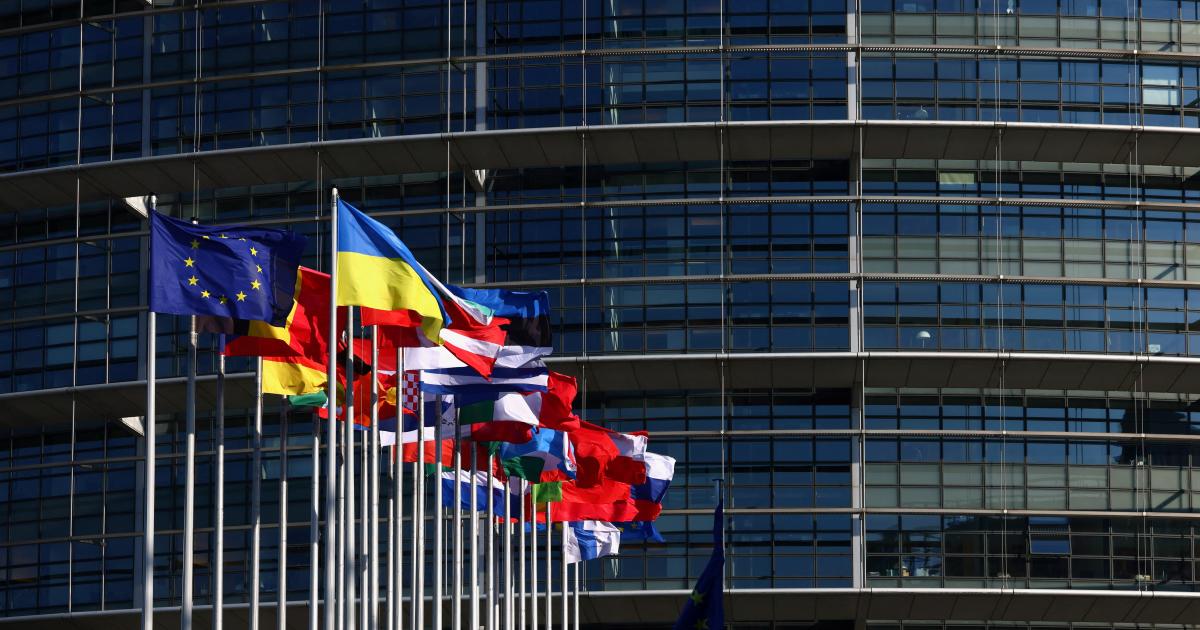
Nearly three years after a 2020 court decision threatened to grind transatlantic e-commerce to a halt, the European Union has adopted a plan that will allow US tech giants to continue storing data about European users on American soil. In a decision announced Monday, the European Commission approved the Trans-Atlantic Data Privacy Framework. Under the terms of the deal, the US will establish a court Europeans can engage with if they feel a US tech platform violated their data privacy rights. President Joe Biden announced the creation of the Data Protection Review Court in an executive order he signed last fall. The court can order the deletion of user data and impose other remedial measures. The framework also limits access to European user data by US intelligence agencies.
The Trans-Atlantic Data Privacy Framework is the latest chapter in a saga that is now more than a decade in the making. It was only earlier this year the EU fined Meta a record-breaking €1.2 billion after it found that Facebook’s practice of moving EU user data to US servers violated the bloc’s digital privacy laws. The EU also ordered Meta to delete the data it already had stored on its US servers if the company didn’t have a legal way to keep that information there by the fall. As The Wall Street Journal notes, Monday’s agreement should allow Meta to avoid the need to delete any data, but the company may end up still paying the fine.
Even with a new agreement in place, it probably won’t be smooth sailing just yet for the companies that depend the most on cross-border data flows. Max Schrems, the lawyer who successfully challenged the previous Safe Harbor and Privacy Shield agreements that governed transatlantic data transfers before today, told The Journal he plans to challenge the new framework. “We would need changes in US surveillance law to make this work and we simply don’t have it,” he said. For what it’s worth, the European Commission says it’s confident it can defend its new framework in court.
All products recommended by Engadget are selected by our editorial team, independent of our parent company. Some of our stories include affiliate links. If you buy something through one of these links, we may earn an affiliate commission. All prices are correct at the time of publishing.





